Lieutenant Colonel, Doctor Nguyen Thi Thu Hien, Director of Hanoi City Police Hospital, said that tonight, the hospital's two medical tents at Hanoi Railway Station and on Lieu Giai Street received a number of patients who were citizens who fainted, had difficulty breathing, were dizzy, and were tired.
Female patient TTV (52 years old, from Bac Giang ), who has chronic lung disease, went to Hanoi early to watch the parade. Due to sitting in a crowded area for many hours waiting until tomorrow to watch the parade in the Nguyen Thai Hoc - Le Duan area, in the evening, Ms. V had difficulty breathing and was taken by the task force to the medical tent at Hanoi Railway Station. Doctors provided emergency treatment for Ms. V, and after her health was stabilized, she was allowed to return to her seat.

Another case is Mr. PVB (Hoa Binh), who has a history of heart disease and had a stent placed. Mr. B went to Hanoi to watch the parade early, waited outside for many hours and felt dizzy and tired, so he was taken to the medical tent at Hanoi Railway Station for emergency treatment. After being examined and treated, his health improved and he was allowed to return to his viewing position.
At the Hanoi Railway Station tent, a 22-year-old female resident of Hoang Mai was admitted to the hospital after she went to watch the parade at 1 p.m. this afternoon in the Le Duan area. The girl fainted, was given first aid, and was transferred to Bach Mai Hospital.

Another case is a 25-year-old male patient, residing in Da Nang, who came to queue at 12 noon today. By evening, the young man had symptoms of vestibular headache, discomfort, and high blood pressure, and was taken to the medical tent on Lieu Giai Street for emergency treatment.

The medical tent on Lieu Giai Street received many people who were hungry, tired, dizzy, and had headaches from queuing since yesterday; or had injuries and scratches on their hands and feet from walking a lot.
In particular, a resident of Lieu Giai area fell and had a bleeding scalp. He went to the medical tent for help. Doctors gave him first aid, bandaged him, and helped take him to Hospital 354.
Dr. Chu Duc Thanh, in charge of the medical tent of the 19-8 Hospital at Ba Dinh Square, recommends that during the parade, people wear cool clothes, wear hats, cover themselves from the sun, wear masks when necessary; bring raincoats or light umbrellas as backup.
Drink water regularly, avoid standing in one place for long periods of time under the hot sun. Do not jostle or push, especially in crowded areas to prevent the onset of underlying diseases or fainting or injury.
Comply with traffic control instructions from the authorities. When you see an area that is too crowded, proactively avoid it or find a safe exit in advance, pay attention or ask the authorities about the location of the nearest medical tent.

People with cardiovascular disease, high blood pressure, respiratory disease, severe allergies, etc. should go with relatives to receive timely support. Do not arbitrarily use strange drugs or other people's drugs. When seeing unusual signs such as: dizziness, lightheadedness, shortness of breath, chest pain, anxiety, numbness in limbs, rash, etc., it is necessary to urgently take the patient away from crowded places and immediately notify the nearest medical staff.
In case of fainting, Dr. Thanh recommends placing the patient on their side and loosening their clothing.
If a person has a seizure, people around should help protect the head area, place a soft object such as a pillow, coat, or towel under the head to reduce the risk of strong impact. When the seizure is over, the victim can lie on his side and wipe away phlegm from his mouth. "Do not try to hold the victim tightly because it can cause broken bones or sprains. Do not put your hand or hard object into the victim's mouth while he is having a seizure," Dr. Thanh noted.

During the parade, if people have bleeding wounds, if the wound is minor, cover the wound with a towel, gauze, or clean cloth. If the wound is open and bleeding heavily or in a stream, a tourniquet should be applied above (in front of) the bleeding leg or arm.
In case of cardiac arrest, place the patient on his back on a hard surface, perform chest compressions 100-120 times/minute, combined with mouth-to-mouth resuscitation (artificial respiration, for every 30 chest compressions, give 2 mouth-to-mouth resuscitations).
Call for help from people around, call 115 or contact the nearest security or medical staff.
Source: https://cand.com.vn/y-te/cap-cuu-kip-thoi-nguoi-dan-bi-su-co-suc-khoe--i780107/



![[Photo] Parade groups bid farewell to the people after completing mission A80](https://vphoto.vietnam.vn/thumb/1200x675/vietnam/resource/IMAGE/2025/9/2/36d202d43ecc4ca8aede59a0e99f32ed)
![[Photo] The army marched proudly on the street with loud cheers.](https://vphoto.vietnam.vn/thumb/1200x675/vietnam/resource/IMAGE/2025/9/2/c0dc9a5121094991bd7c5a02166b3a4f)
![[Photo] Bustling atmosphere at Ba Dinh Square on National Day](https://vphoto.vietnam.vn/thumb/1200x675/vietnam/resource/IMAGE/2025/9/2/c441c931800d4ff8a4a5b2ed4d4c496b)

![[Photo] Police blocks parade on Le Duan Street](https://vphoto.vietnam.vn/thumb/1200x675/vietnam/resource/IMAGE/2025/9/2/8f607af025d5437d828366c5e911bbda)
![[Photo] The heroic and lovely moment when the armored vehicle passed by Hanoi Flag Tower](https://vphoto.vietnam.vn/thumb/1200x675/vietnam/resource/IMAGE/2025/9/2/5b07b9f62ee94db287a0ae3a27b6db51)
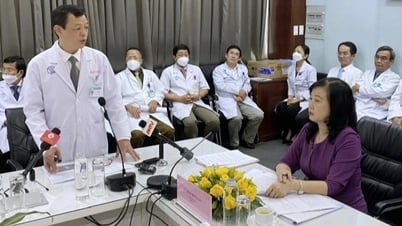




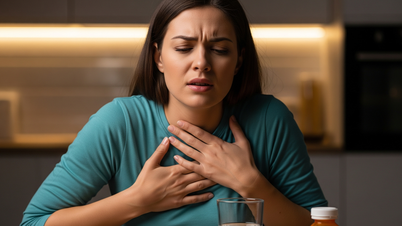
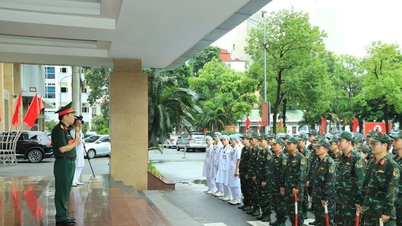

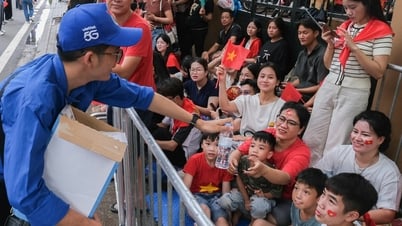

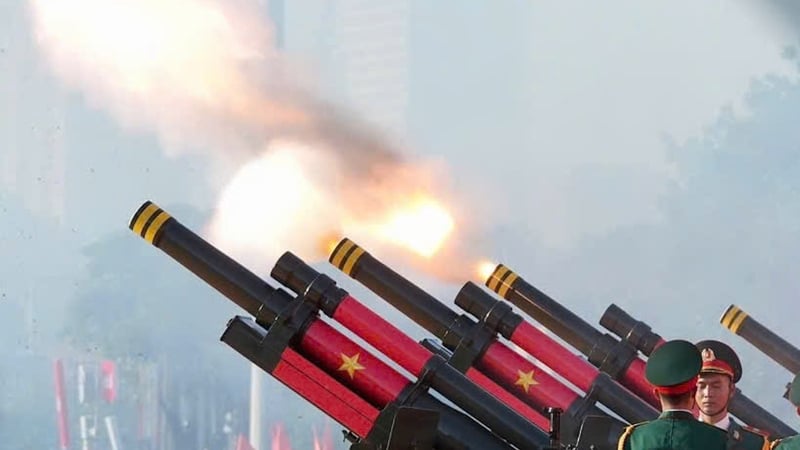


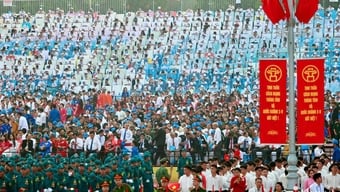
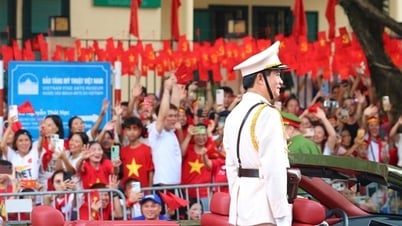
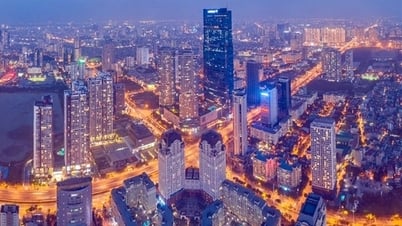
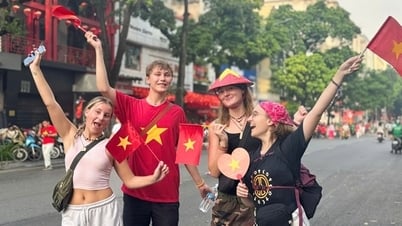
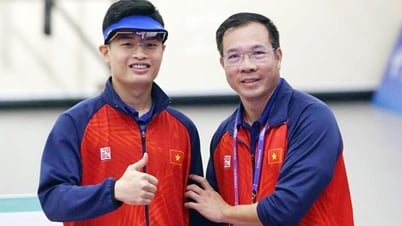
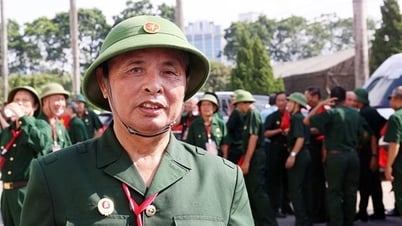
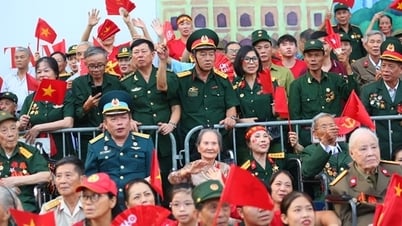



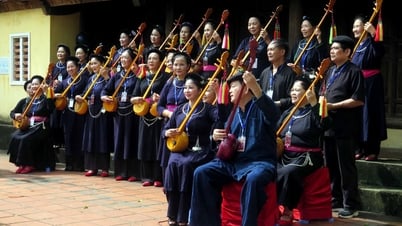

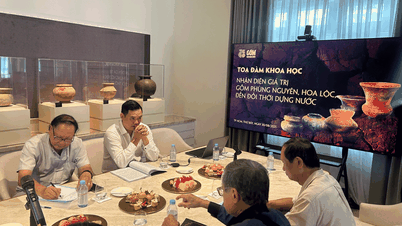

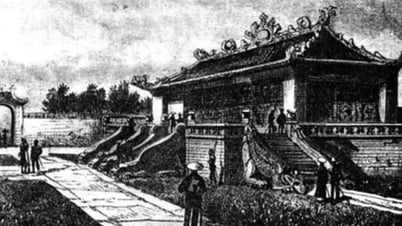
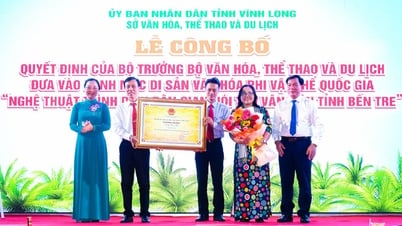

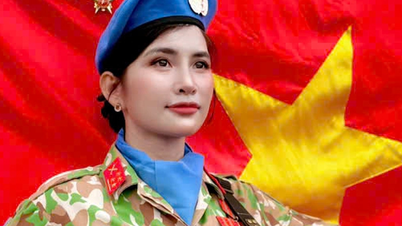

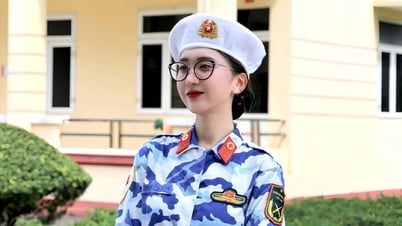
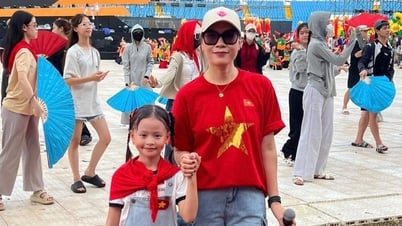
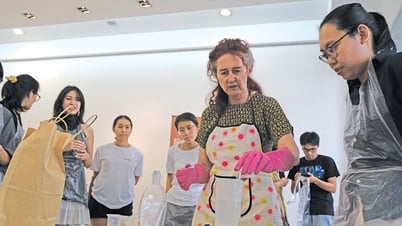

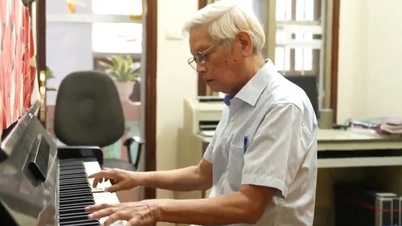








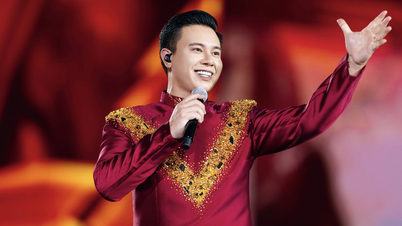


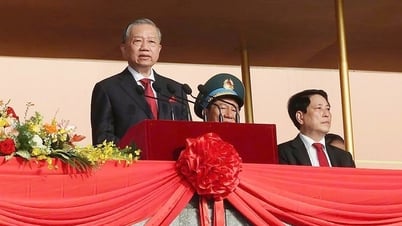
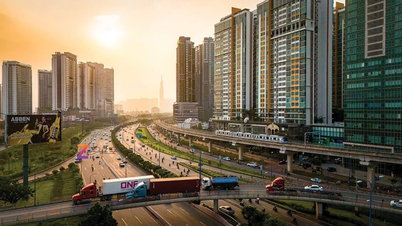
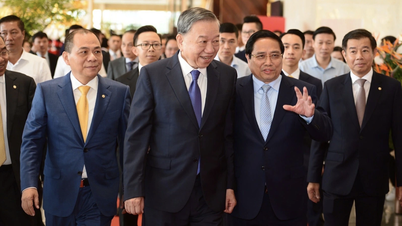

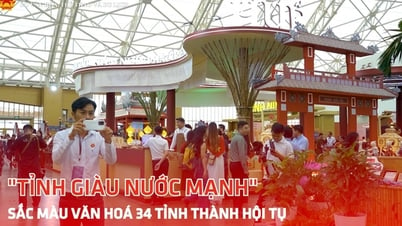



![[Live] Parade and march to celebrate the 80th anniversary of the August Revolution and National Day September 2](https://vphoto.vietnam.vn/thumb/402x226/vietnam/resource/IMAGE/2025/9/2/ab9a5faafecf4bd4893de1594680b043)


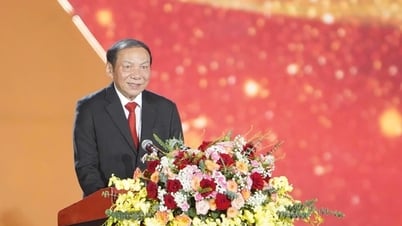




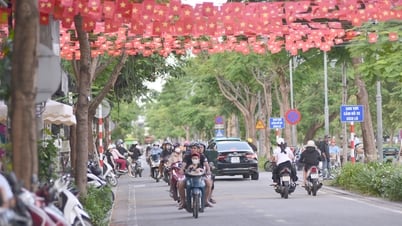

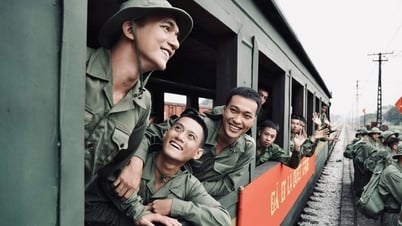

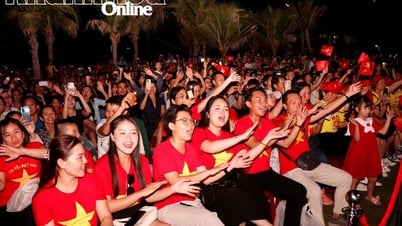

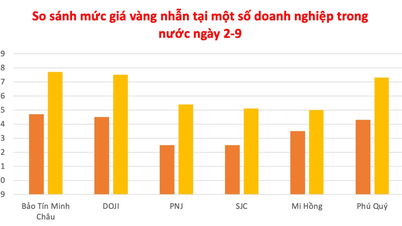




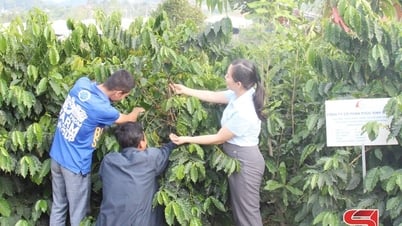

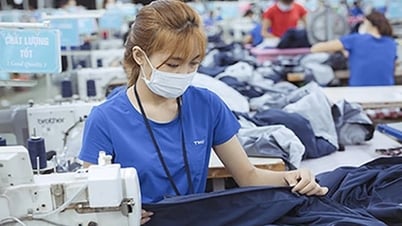
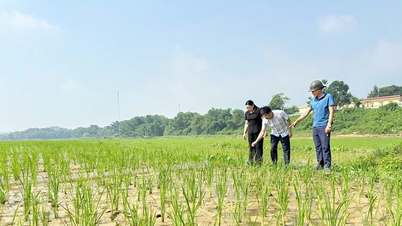






Comment (0)